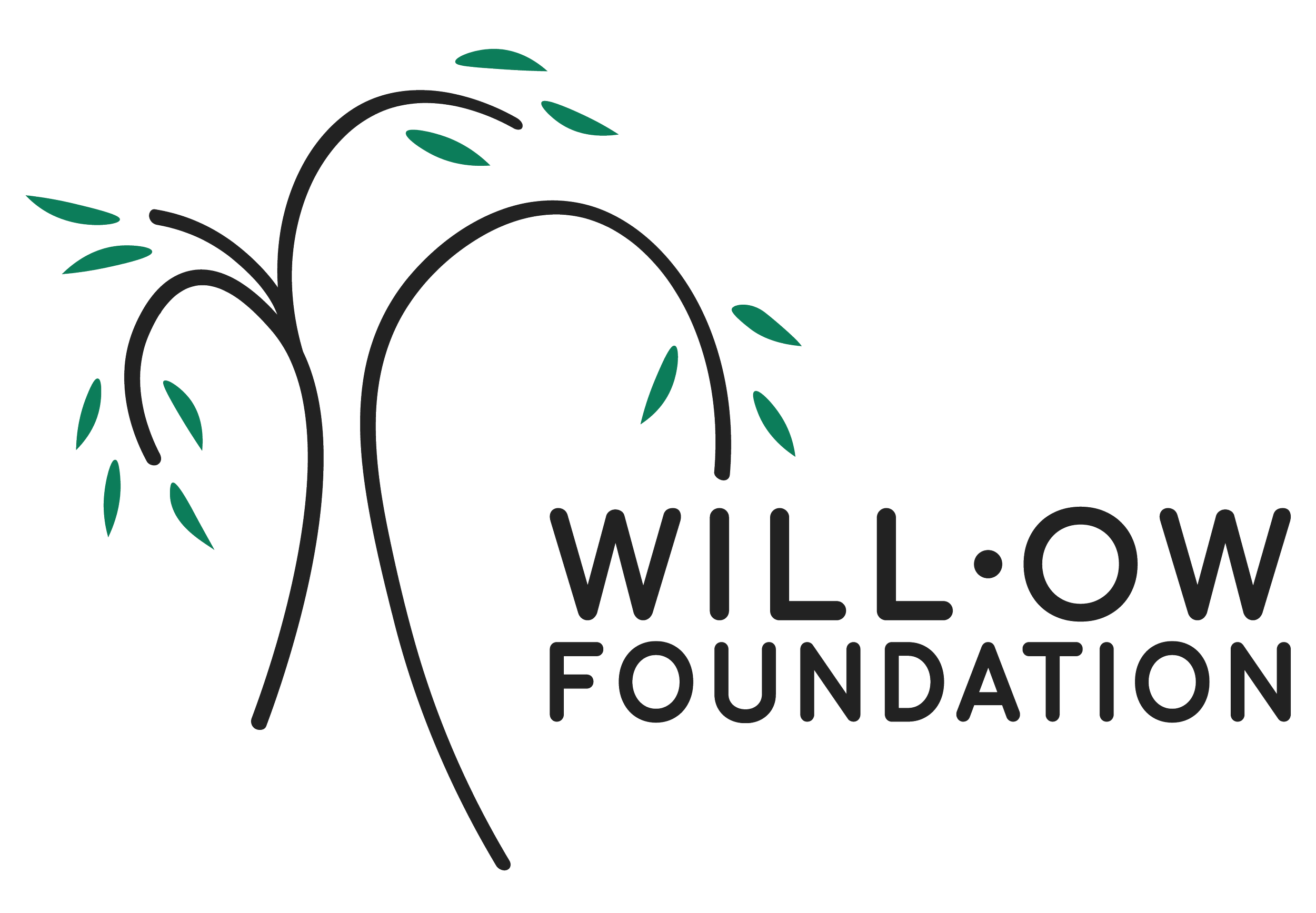Our Impact
In 2023 and 2024, we funded the work of Dr. Urvi Shah of Memorial Sloan Kettering in New York. Dr. Shah is evaluating whether healthier diets lead to an increased likelihood of achieving MRD (minimal residual disease) for multiple myeloma patients. More details about this ongoing study including a nod to our funding is included in the Journal of Leukemia.
You can also learn more about Dr Shah’s research below.
In 2022 and 2021, we collaborated with The Comedy Cures Foundation to study mindset and wellness coaching and their effect on outcomes for late-stage cancer patients. In 2022, stage 4 cancer patients were provided comprehensive wellness coaching to improve quality of life and outcomes. Results showed an improvement in perceived quality of life and coping skills, and study surveys showed exceptional feedback on this unique comprehensive care methodology. In fact, this new coaching model has gained national recognition, being replicated at multiple healthcare centers across the United States.
In 2021, we funded a study to evaluate emerging and compelling research that correlates lifestyle approaches during cancer treatment with an increased quality of life.
This unique study used a digital health solution informed by neuroscience and artificial intelligence which recommended mindset practices personalized to each participant to help decrease each participant’s perceived stress. The study showed significant improvements in mental health status: from a reduction in anxiety to increases in self-efficacy.
This study was accepted as an abstract at the Association for Cancer Research Annual Meeting, showcasing the use of mental health technology with comedy as a therapy for women living with advanced cancer. Review the full study findings here.
In 2019 and 2020, we funded research projects at the Lee Jones Lab at Memorial Sloan Kettering Cancer Center in New York, NY. Our researchers wondered: does exercise affect prognosis after a cancer diagnosis?
Nearly half of patients receiving first-line therapy for hormone receptor (HR)‐positive metastatic breast cancer (MBC) do not respond to treatment, and virtually all develop treatment resistance. Low‐cost, effective treatments that can be administered with minimal toxicity are urgently required. Structured exercise is one such candidate approach. However, most exercise oncology studies to date have been conducted in early‐stage cancers to test the impact of exercise on symptom control outcomes (e.g., fatigue, pain). To develop exercise as an anticancer strategy, early phase studies are required to determine the appropriate exercise dose which could be used in further testing.
Dr. Jones and other researchers at MSK analyzed a large data set generated by tracking adults with cancer over many years. The team found that people diagnosed with cancer who regularly exercise reduced their risk of dying from all causes by 25% compared with people with cancer who did not exercise. The median survival time was increased around five years in exercisers compared with non-exercisers.



